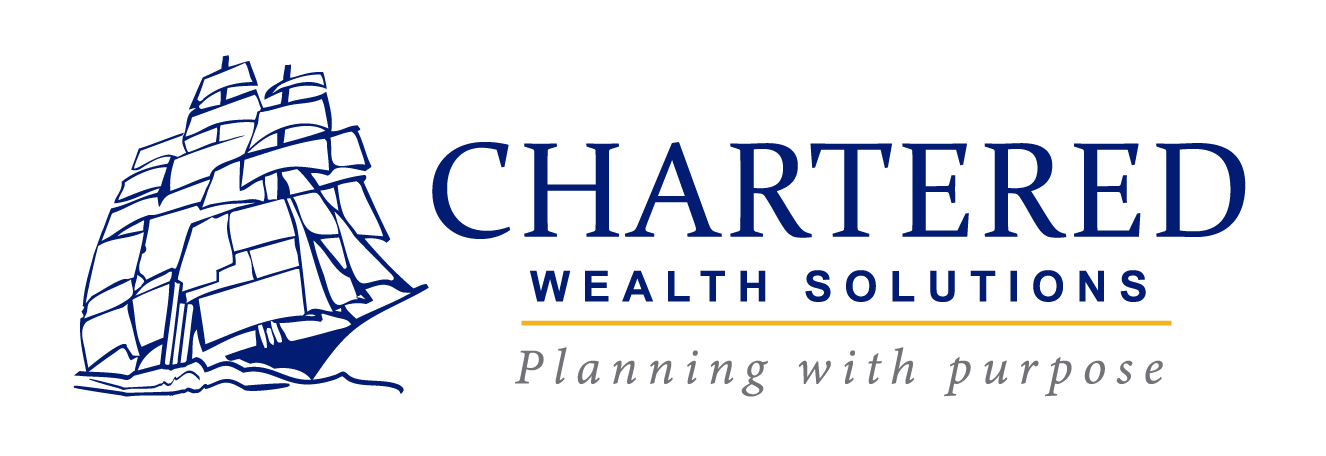Shining a light on solar power: Is renting or buying the right option for you?
By Jason Appel, Financial Planning Specialist at Chartered Wealth Solutions
The state of Eskom and the frequent load-shedding have understandably caused distress among many South Africans, who are now seeking alternative energy solutions. Fortunately, solar power has emerged as a popular option, offering reliable and cost-effective electricity for households. At review meetings, I often get asked whether renting or buying a solar system is better and how each option would impact long-term finances. However, the decision to rent or buy a solar system isn’t a one-size-fits-all solution, and it’s crucial to weigh the pros and cons of each option before deciding.
To make an informed decision, it’s essential to have a clear idea of the appliances that need to be powered by the solar system before requesting quotes. When considering buying a solar system, it’s important to take into account the upfront costs. The cost of purchasing a solar system varies significantly based on the system’s size and the number of panels needed to power your home. Nevertheless, it’s worth bearing in mind that buying a solar system can increase the value of your home and even help you recover the installation cost when you decide to sell your property, depending on market conditions at that time.
It’s also essential to factor in the ongoing maintenance costs of a solar system. Although solar panels require minimal maintenance, inverters and batteries may require periodic replacement, which can increase the overall cost of ownership. Nonetheless, the savings on your electricity bill over time may offset the maintenance costs.
For those who lack the liquidity to purchase a solar system outright, renting may be a more viable option. Renting a solar system involves monthly rental fees, which may increase over time due to inflation. Although renting may be less expensive in the short term, the total cost of ownership over the system’s life may be higher than buying one outright. Renting may also come with restrictions on the size and type of solar system that can be installed, which may limit your energy production and savings potential.
Some solar system installers offer rent-to-own packages, which can be a great option for those who want to own a system but can’t afford the upfront costs. With rent-to-own, you’ll be renting the system for a fixed term, but over that time, you’ll also be paying off a portion of the capital and interest to the seller. At the end of the term, you’ll own the system and be responsible for its maintenance. This option is similar to financing an installation through your bank, and the only additional cost would be the interest payable over the term of the contract. However, financing costs will be spread over the term of the agreement and may increase the overall cost of the installation.
Let’s take a closer look at the financial implications of buying versus renting a solar installation for a household with monthly expenses of R50 000, including residual electrical expenses through Eskom and an investment portfolio of R10 million. In this scenario, we assume that expenses increase at an inflation rate of 6% and that there is an investment return of inflation plus 4% per annum on investments. We also consider the cost of maintaining the solar installation.
For a purchased installation with a cost of R180 000 once-off, replacements would be required for the inverter every 10 years (R40 000), panels every 20 years (R23 000) and batteries every 10 years (R50 000). On the other hand, a rented installation with a monthly rental cost of R4 000 increasing at 6% per annum (inflation) would have an installation cost of R4 000 (first month’s rental) and a removal cost of R30 000 assumed at the end of the client’s life increasing at inflation.
Our scenario found that renting is a better option for the first five years, after which buying the solar installation becomes more financially beneficial. A purchaser would have 5% more remaining investment capital than a renter after 10 years, 13% more after 15 years, and a significant 75% more after 20 years. This is because the cost of renting increases with inflation while the investment capital is reducing.
It’s important to note that buying a solar installation is a good long-term investment for households with sufficient liquid investments. However, renting may be a better option for those who cannot afford the upfront cost or those who plan to move within five years. When making a decision, it’s crucial to consider the maintenance costs and evaluate the expected savings against the initial investment to determine which option is best for your household.
To determine which option is best for your unique financial situation, please consult with your financial planning specialist. They can help you understand the total cost of ownership of both options, including upfront costs, ongoing maintenance costs and energy savings potential. By evaluating your long-term financial goals, they can assist you in making an informed decision that is tailored to your needs.
Editorial Contacts
